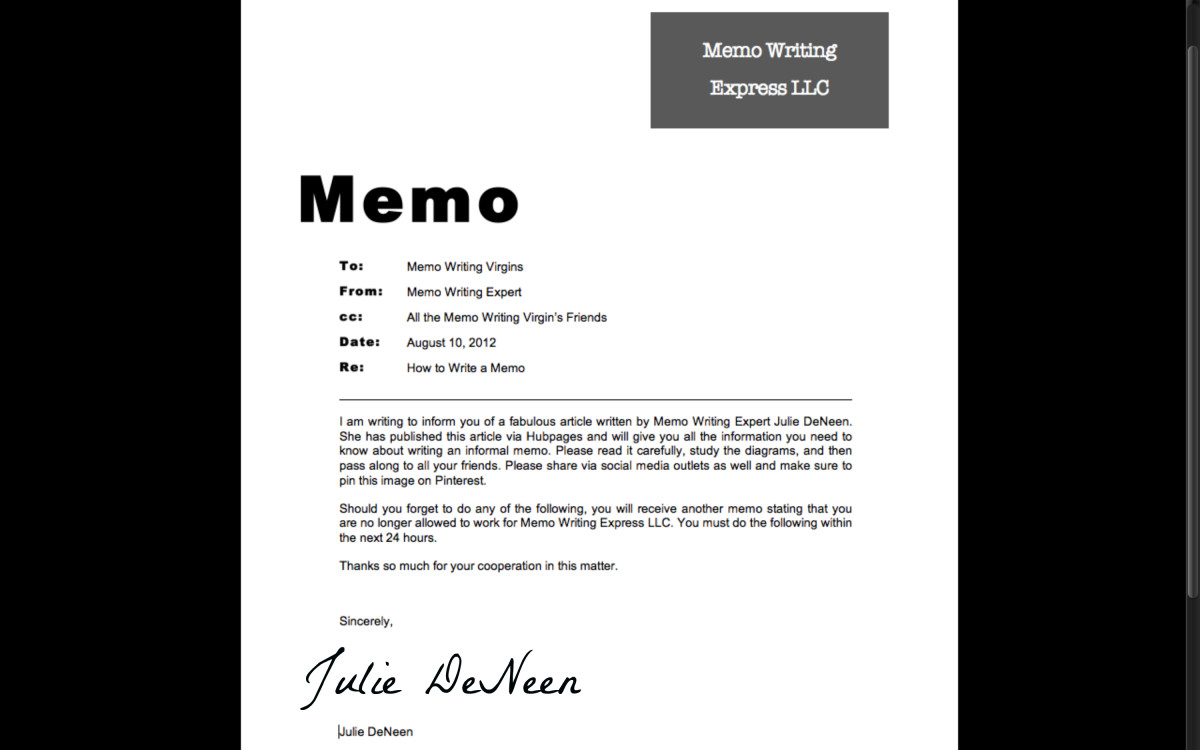With An Association of Writers & Writing Programs Panel in Mind
With an Association of Writers and Writing Programs in Mind
I attended a panel discussion on An Editorial Perspective on Experimental Fiction at the Association of Writers and Writing Programs (AWP) 2020 in San Antonio. It was my first AWP, so I can't comment on the differences between this one, plagued by cancellations and the possibilities of COVID-19, and other AWPs. I can say that both of the panel discussions I mention here had panelist cancellations. Some panels included impromptu substitutes, too.
I am interested in something generated during my consideration of that panel which persists, surfacing momentarily in various contexts. I feel equipped only to begin the conversation and don't see it as a conversation that any single correct point of arrival.
The reality of an “experimental” (the panel rightly scrutinized the term, though briefly) piece of writing presents questions of assessing a thing that exists outside, at least partially, of established convention. That panel was comprised of editors, whose assessment is of a particular scope. But this is not about the fascinating topic of experimental writing. Nor is it about the roles of editors and writers. Instead, this is about a phrase, common from undergraduate courses and beyond.
One of the panelists invoked the concept of “emotional resonance.” And this is the stepping off point from that panel discussion, which in itself I appreciated.
AWP makes an effort to be inclusive. I experienced those efforts. And for Me, it was a beautiful thing in many regards. In The Future is Accessible panel, panelists discussed the topic of accessibility directly and at-length. At the conference and within our broader writing community there is work to challenge concepts of presence, participation, and mobility and other previously-assumed measures of participation which seem inextricably connected to able-ism.
Years ago, at Colorado State University in a Speech Communication course on language, thought, and communication Dr. Cindy Griffin asked: “What is it to be human?” One of my group members quickly offered that humans have emotions. I hesitantly, after consideration, pointed out the reality that many people do not experience emotions, and others do not experience the same common emotions, and yet others do not experience the same common emotions in the same ways, whether that be a difference of experience or the context that prompts the experience, and so on.
Emotional resonance is commonly recognized as a fundamental element in writing practice, instruction, and assessment. Emotion is considered by some as central an element as plot. But then there's a tradition of considerable writing We value that complicates plot or seems to exhibit plot only incidentally. (Clay Andres wrote a list of plotless books a few years ago. It is at Book Riot.)
It is not easy to separate the presumed human experience from the expected experience of a text. Character is a primary element of literary fiction for a reason. Yet, humanism was officially displaced centuries ago. There is considerable research into the value of diversity within a population, including neurodiversity. For example, people with Autism have been observed to have emotional resonance differences by Alessandro Grecucci and others. And their neurodiversity has also been recognized as valuable, as described in "Autism as a Natural Human Variation: Reflections on the Claims of the Neurodiversity Movement" by Pier Jaarsma and Stellan Welin.
Improving our practice, to admit diverse texts and diverse writers, is vital. So, while emotional resonance may be an element We want to keep and develop, I hope our writing community, particularly those of Us in positions as gatekeepers (editors, submission readers, application reviewers, and so forth.), will not limit ourselves to always nor only using it.
How can We begin to shape a literary community that embraces texts and writers that challenge the normative conventions that have so long constituted assessment? Some will point out that literature has come a long way already. But those changes are the result of voices being given and taking public space for discourses that push against conventions.
I, for one, would be interested in a panel devoted to discussing the navigation of challenging conventions for the purpose of inclusion at a convention like AWP. Bringing texts, writers, and editors who are operating outside the norms and those bringing others operating outside the norms into the conversation to such a stage could be a powerful step in a positive and inclusive direction.
Note regarding previous submission
I submitted a draft of this article to AWP's publication: The Writer's Notebook Blog Post Submission. I received a response within a month indicating that the Editors did not feel it was a good time for publication of this article.








